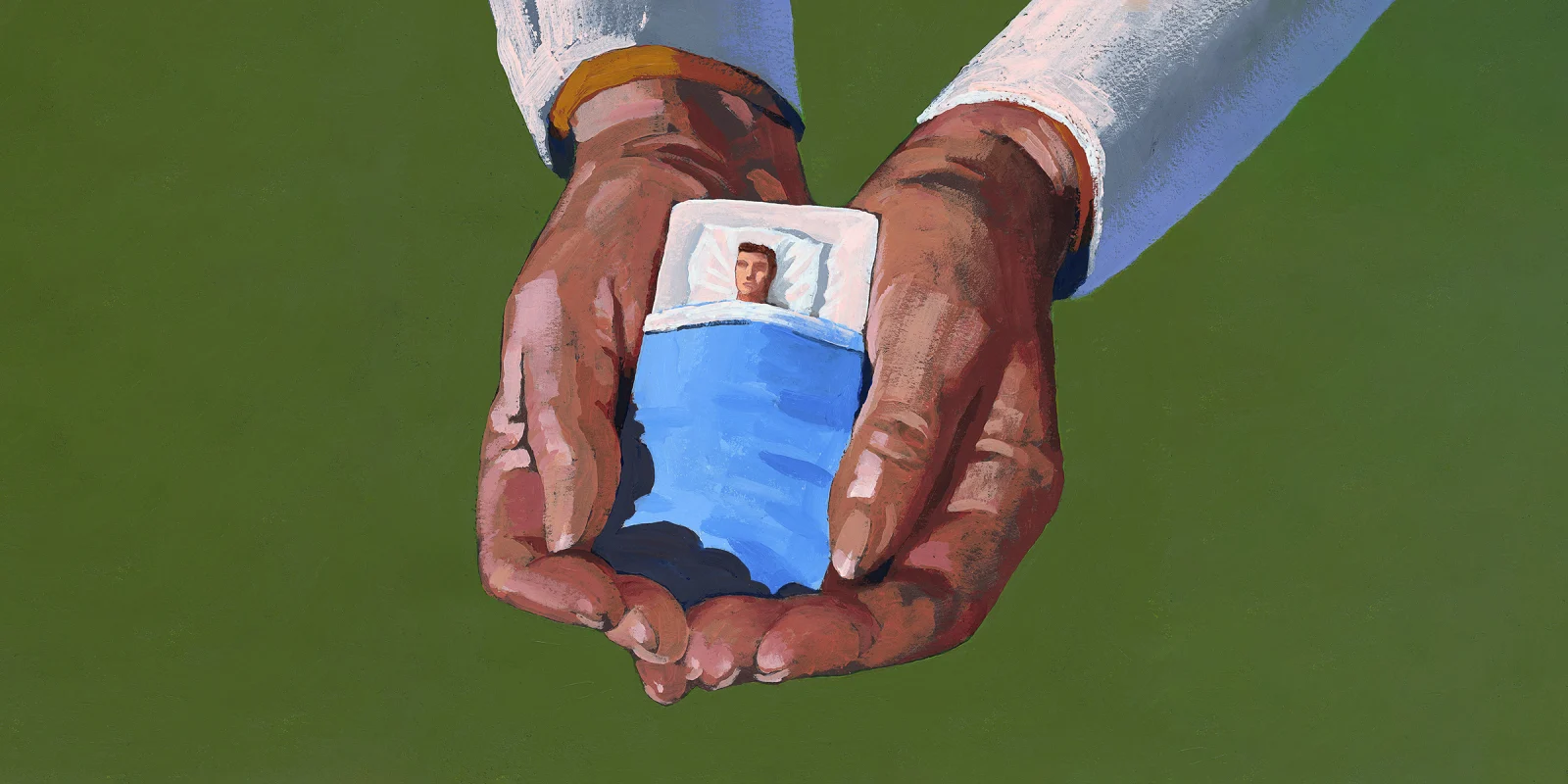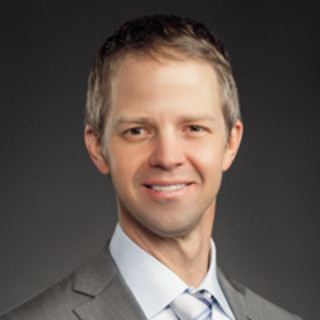It happens from time to time. Patients have issues over the weekend and reach the physician on call, or perhaps a nurse in the ER, over the phone. The reasons are myriad. They have pain, nausea, a rash that is getting larger, swelling in the operative leg. They want to know: Is this normal? Will it get worse? Could it be something serious? But ultimately, what they all want to know is whether they should go to the ER. Frequently, they are calling because they just want you to say, “No. Everything is fine.”
Sometimes, it is fine, but more often, I just don’t know. Or more accurately, I can’t tell over the phone, and the default then is to recommend they be seen in person.
This happened to me recently, on Father’s Day no less. It was one of those situations where I just didn’t know. But when I recommended the patient head to the ER, they pushed back. They just did not want to go. And this, of course, made the whole situation more difficult as I tried to politely reiterate my recommendation, and they tried to angle me into a concession that everything was going to be fine. It was almost comical. Almost.
Being Father’s Day, it got me thinking about paternalism.
Paternalism in medicine is the idea that a physician overrides a patient’s wishes because they assume they know better. As a concept, it lends itself better to the 16th century than the 21st century, and carries an accordingly negative connotation.
I’m not going to argue the rare instances where a case can be made for this, or assumed, in situations where joint decision-making is impractical, impossible, or ethically fraught. By and large, we should be listening and honoring our patients’ wishes and using evidence and expertise to guide them.
But it’s the root word that bothers me. The Latin root “pater,” meaning like a father. I suppose I always accepted the word with its perfectly natural-seeming association with the overbearing father who commands his children’s obedience and unconditional respect, a cocktail in one hand and a newspaper in the other.
But on second glance, this definition makes no sense at all. As a modern father myself, this assumption could not be further off base. Not even the dog listens to me in my house, and my children only respect me when I do something exceptional, like save the non-listening dog from a house fire — which has never actually happened.
And so, in my inconsequential way, I suggest that we actually do practice paternalism in medicine. It’s just the definition that needs to be rebranded.
I came across a phrase, not mine, that said, “Dads are ordinary men turned by love into heroes, adventurers, story-tellers, and singers of song.” And I think that is more on track for doctors. We are advocates, trusted guides, and reassuring voices in times of fear and doubt. We are sometimes heroes, sometimes counselors in defeat. We encourage, we support, we help make the choice clear without making the choice for you. Good parenting and good medicine are not so different.
Doctors or dads, we are just people helping other people get better.
Brian Gilmer, MD is an orthopaedic sports medicine surgeon in Mammoth Lakes, CA, and Reno NV. He is a proud father of two kids. His parenting style can be best defined as attentive resignation to things beyond his understanding. Brian is a 2022–2023 Doximity Op-Med Fellow.
Image by Jonathan Evans / Getty







